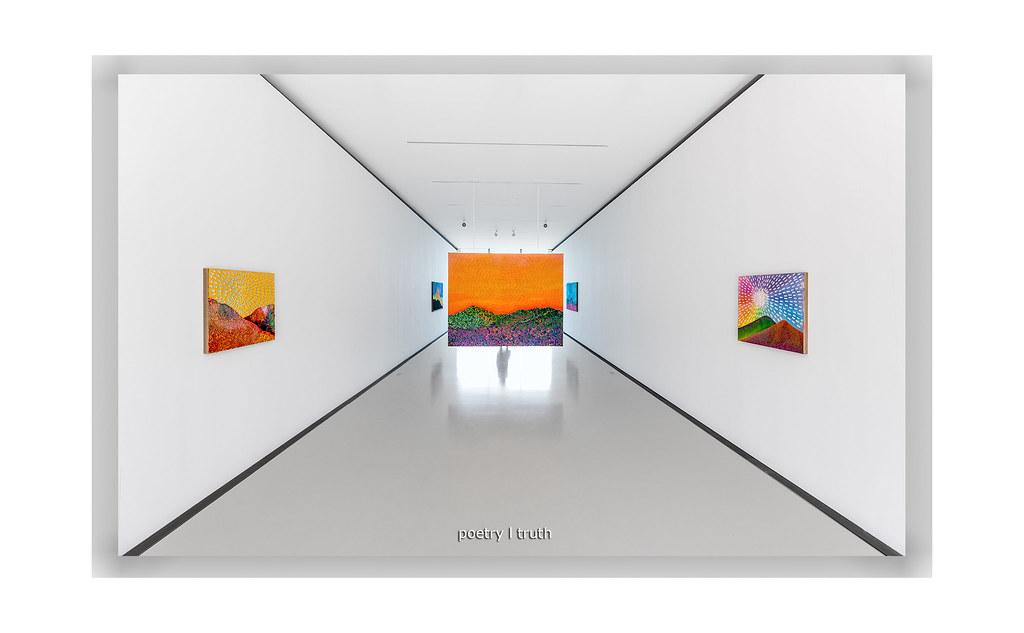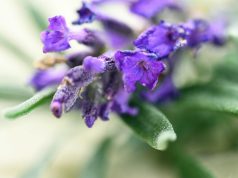In today’s fast-paced world, mental health has emerged as a critical aspect of overall well-being, yet many individuals continue to seek effective ways to nurture their minds amidst daily stressors. While traditional therapy and medication can be beneficial, there is a growing interest in alternative therapies that offer holistic approaches to mental health. These therapies can complement conventional treatments, providing individuals with additional tools to foster resilience, enhance emotional well-being, and promote a balanced lifestyle. In this article, we will explore some of the best alternative therapies that have shown promise in boosting mental health, offering you empathetic guidance on how to incorporate these practices into your life. Whether you’re looking to manage anxiety, alleviate depression, or simply cultivate a greater sense of peace, these therapies might just hold the key to unlocking a healthier, happier you.
Understanding the Benefits of Alternative Therapies for Mental Well-being
In recent years, more people have been turning to alternative therapies to enhance their mental health, offering a complement to traditional treatments. These therapies often focus on holistic healing, aiming to balance the mind, body, and spirit. Alternative therapies can provide profound benefits, including stress reduction, improved emotional resilience, and enhanced self-awareness. Here are some popular options that might resonate with your mental well-being journey:
- Mindfulness and Meditation: Practicing mindfulness helps individuals stay present and reduce anxiety. Meditation can enhance emotional regulation, leading to a calmer, more centered life.
- Aromatherapy: Utilizing essential oils like lavender and chamomile can soothe anxiety and promote relaxation. Aromatherapy can be easily integrated into daily routines, offering a simple yet effective mental health boost.
- Art Therapy: Expressing emotions through creative activities such as painting or drawing can provide a non-verbal outlet for processing feelings, aiding in emotional healing and self-discovery.
- Yoga: Combining physical postures with breathing exercises, yoga not only improves physical health but also fosters mental clarity and tranquility.
| Therapy | Primary Benefit | How to Get Started |
|---|---|---|
| Mindfulness | Reduces anxiety | Start with guided sessions |
| Aromatherapy | Promotes relaxation | Use a diffuser with essential oils |
| Art Therapy | Emotional expression | Join a workshop or class |
| Yoga | Enhances mental clarity | Attend beginner yoga classes |

Exploring Mindfulness and Meditation Techniques for Stress Relief
In the fast-paced world we live in, mindfulness and meditation stand as pillars of tranquility amidst the chaos. These techniques not only offer an oasis of calm but also significantly contribute to stress relief. Engaging in mindfulness practices involves bringing one’s attention to the present moment, which can be achieved through simple yet effective exercises such as deep breathing, body scans, and mindful observation of your surroundings.
- Deep Breathing: Focus on your breath, taking slow, deliberate inhalations and exhalations. This can help lower blood pressure and reduce anxiety.
- Body Scan: Gradually move your attention through each part of your body, noticing any sensations or tension, and consciously relaxing those areas.
- Mindful Observation: Choose an object or scene, observe it closely without judgment, and appreciate its details. This can help shift focus away from stressors.
Meditation techniques vary widely, allowing individuals to find what best suits their needs. Whether it’s guided meditation, transcendental meditation, or loving-kindness meditation, each has unique benefits that can enhance mental health. Below is a simple comparison of popular meditation techniques:
| Meditation Type | Focus | Benefit |
|---|---|---|
| Guided Meditation | Audio Instructions | Improves Concentration |
| Transcendental Meditation | Mantra | Reduces Stress |
| Loving-Kindness Meditation | Compassion | Enhances Empathy |
By incorporating these mindfulness and meditation practices into daily routines, individuals can cultivate a more peaceful state of mind, ultimately leading to enhanced overall well-being.

Incorporating Art and Music Therapy into Your Daily Routine
Integrating art and music therapy into your daily life can be a transformative experience. These therapies are not just for artists or musicians; they offer everyone a chance to express emotions and find solace. Art therapy can be as simple as doodling or painting, allowing you to channel your feelings creatively. Music therapy, on the other hand, involves listening to or creating music that resonates with your current mood or desired emotional state.
- Set aside a few minutes each day for a creative activity.
- Create a playlist of songs that uplift your spirits or calm your mind.
- Join a local art class or online workshop to explore new techniques.
| Activity | Benefits |
|---|---|
| Sketching | Enhances focus and reduces stress |
| Listening to music | Boosts mood and improves relaxation |
| Singing | Increases lung capacity and lifts spirits |
By incorporating these therapies, you not only nurture your mental health but also discover new facets of your creativity. Remember, the goal is not perfection but exploration and expression.

Harnessing the Power of Nature and Outdoor Activities for Mental Clarity
Engaging with the natural world and participating in outdoor activities can be transformative for mental well-being. Nature offers a refuge from the hustle and bustle of everyday life, providing a serene backdrop for introspection and relaxation. Activities such as hiking, bird watching, or simply walking in a park can significantly reduce stress and anxiety levels, fostering a sense of peace and clarity.
- Hiking: A powerful cardiovascular workout that not only strengthens your body but also clears your mind. Trails through forests or mountains offer breathtaking views that inspire awe and reflection.
- Forest Bathing: Known as ‘Shinrin-yoku’ in Japan, this practice involves immersing yourself in the forest atmosphere. It has been shown to lower cortisol levels, enhance mood, and improve overall mental health.
- Meditative Walking: A gentle activity where you focus on the rhythm of your footsteps and the surrounding environment. This can be particularly grounding and helps in developing mindfulness.
| Activity | Benefits |
|---|---|
| Hiking | Cardio exercise, mental clarity |
| Forest Bathing | Stress reduction, mood enhancement |
| Meditative Walking | Mindfulness, grounding |








































